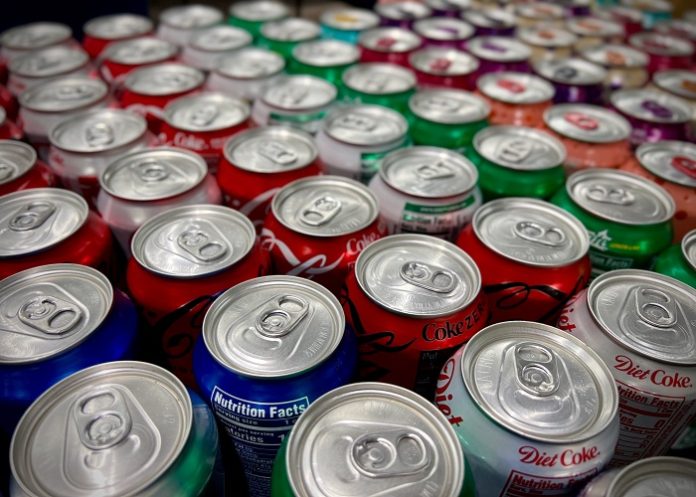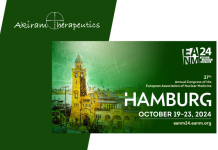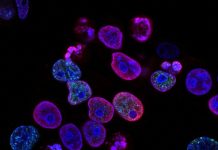Aspartame, one of the most commonly used artificial sweeteners, is now under scrutiny over cancer concerns. It is been used in products such as Coca-Cola and other carbonated drinks, chewing gums, and lots of sweet beverages as well. According to a report by Reuters, it may be listed as ‘possibly carcinogenic to humans’ in July for the first time by the International Agency for Research on Cancer (IARC), WHO’s cancer research arm.
Reacting to the leaked reports, Kate Loatman, executive director, the International Council of Beverages Association commented that the leaked opinion contradicts decades of high-quality scientific evidence. He further adds, “The public health authorities should be deeply concerned as it may mislead consumers into consuming more sugar rather than choosing safe no- and low-sugar options – all based on low-quality studies.”
The recent IARC ruling aims to evaluate the potential hazard of something by thoroughly analyzing all available published evidence. But it doesn’t take into account how much of a product a person can safely consume. This advice comes from JECFA (the Joint WHO and Food and Agriculture Organization’s expert committee on food additives).
In a statement quoted by Reuters, an IARC spokesperson said, both the IARC and JECFA committees’ findings were confidential until July, but added they were “complementary”, with IARC’s conclusion representing “the first fundamental step to understanding carcinogenicity”.
IARC concluded a meeting in France to assess the potential carcinogenic effect of the sweetener. And JECFA is meeting from 27 June to 6 July to update its risk assessment of aspartame, including reviewing how much can be safely consumed. Since the result of both assessments is being announced on July 14, industry and regulators fear that the result may lead to confusion among the customers.
“We kindly ask both bodies to coordinate their efforts in reviewing aspartame to avoid any confusion or concerns among the public,” Nozomi Tomita, an official from Japan’s ministry of health, labor and welfare, wrote in a letter dated March 27 to WHO’s deputy director general, Zsuzsanna Jakab.
Earlier IARC rulings about different substances have made people worried about using them. This has caused lawsuits and put pressure on manufacturers to change their recipes and switch to other options. Therefore, the assessment led to criticism and believed to be confusing to the public by the experts.
“Consumers deserve facts, and the fact is aspartame is one of the most widely studied food ingredients and has repeatedly been determined to be safe by global scientific and regulatory authorities. IARC is not a regulatory agency, ingredient expert, or food safety authority,” said Robert Rankin, president of the Calorie Control Council, in a statement. Even since 1981, JECFA has said aspartame is safe to consume within accepted daily limits.
The Food and Drug Administration (FDA) still considers aspartame safe, “Scientific evidence has continued to support the FDA’s conclusion that aspartame is safe for the general population.”
In May, WHO released a report highlighting the incompetency of non-sugar sweeteners in weight loss and thereby warning the public to refrain from certain substances which may do more harm than good.








